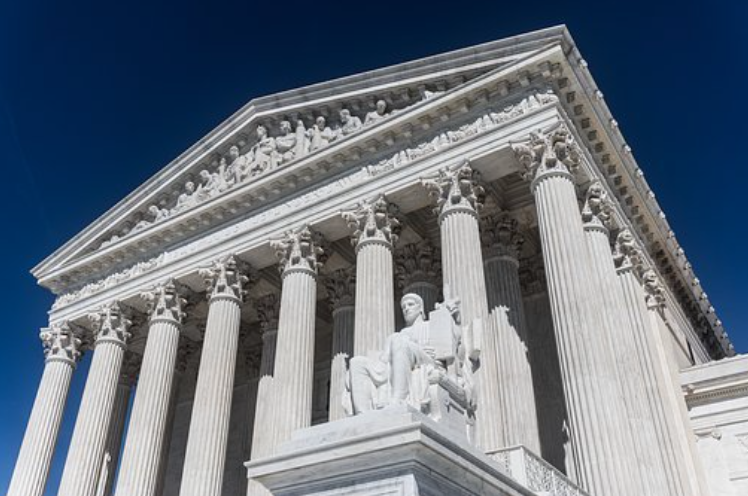In a strongly-worded dissent, Chief Justice John G. Roberts said that his colleagues’ ruling could compel federal courts to weigh in on petty issues.
The Supreme Court has ruled that a Georgia college student can continue suing his lawsuit against Gwinnett College, even though he’s asking for nominal damages.
Writing on behalf of an 8-1 majority, Justice Clarence Thomas said a request for a token sum—even for a single dollar—satisfies constitutional requirements that federal courts only hear cases involving actual controversies or complaints.
“Despite being small,” Thomas wrote, “nominal damages are certainly concrete.”
Justice Thomas also said that the students’ lawsuit is not invalidated simply because Georgia Gwinnett College has since changed its speech code.
However, Chief Justice John G. Roberts, Jr., was quick to take issues with his colleagues’ decision. In his dissent, Roberts suggested that federal courts could now be compelled to hear even the most trifling of cases.
“If nominal damages can preserve a live controversy,” Roberts wrote in his dissent, “then federal courts will be required to give advisory opinions whenever a plaintiff tacks on a request for a dollar.”

The New York Times notes that the lawsuit itself was filed by Chike Uzuegbunam, who was a student at Georgia Gwinnett College in 2016.
Uzuegbunam, a devout evangelical Christian, reportedly attracted the attention of campus law enforcement, who informed him that he was violating university policy by distributing religious materials and speaking about his faith.
While Gwinnett College has two designated “free speech expression areas,” Uzuegbunam was proselytizing outside both.
Uzuegbunam later obtained a permit to continue his religious campaign—but was then ordered to stop, since other students had complained of his activities.
Uzuegbunam and another student then filed a suit against the college.
Gwinnett was quick to reverse its policy and had requested the lawsuit be dismissed, since the relevant policy is no longer an issue.
Although the Supreme Court did not comment on the merits of Uzuegbunam’s complaint, or its chances of success, it will be returned to lower courts for further consideration—even if Uzuegbunam only wants a dollar in recompense.
Kriten Waggoner, an attorney with the Alliance Defending Freedom and who is representing Uzuegbunam and another student, praised the Supreme Court’s ruling on Monday.
“The Supreme Court has rightly affirmed that government officials should be held accountable for the injuries they cause,” Waggoner told NBC News. “When such officials engage in misconduct but face no consequences, it leaves victims without recourse, undermines the nation’s commitment to protecting constitutional rights, and emboldens the government to engage in future violations.”
Sources
Supreme Court Backs Georgia College Student’s Free Speech Suit
Supreme Court keeps ex-students’ lawsuit alive in college speech zone case


Join the conversation!